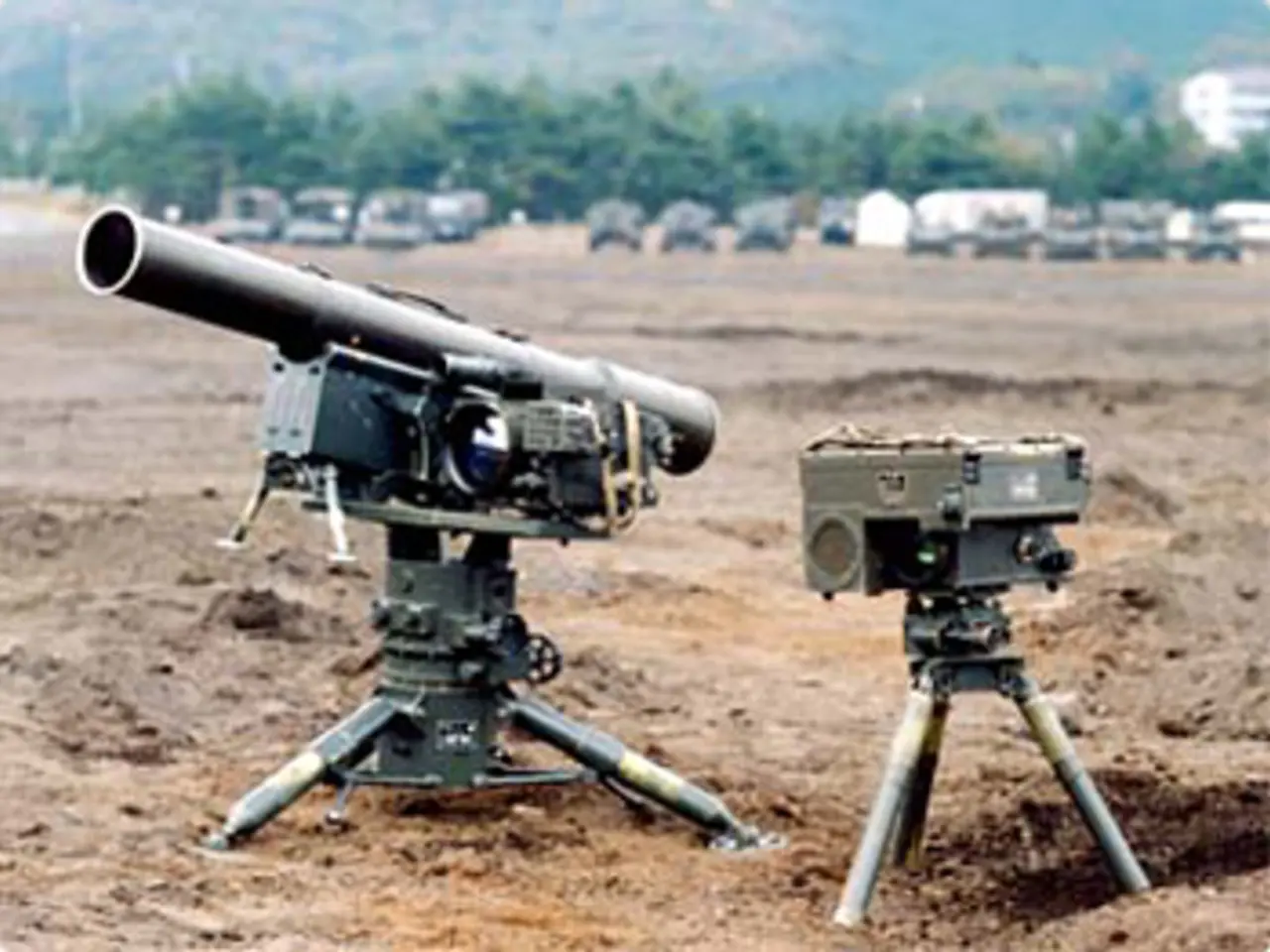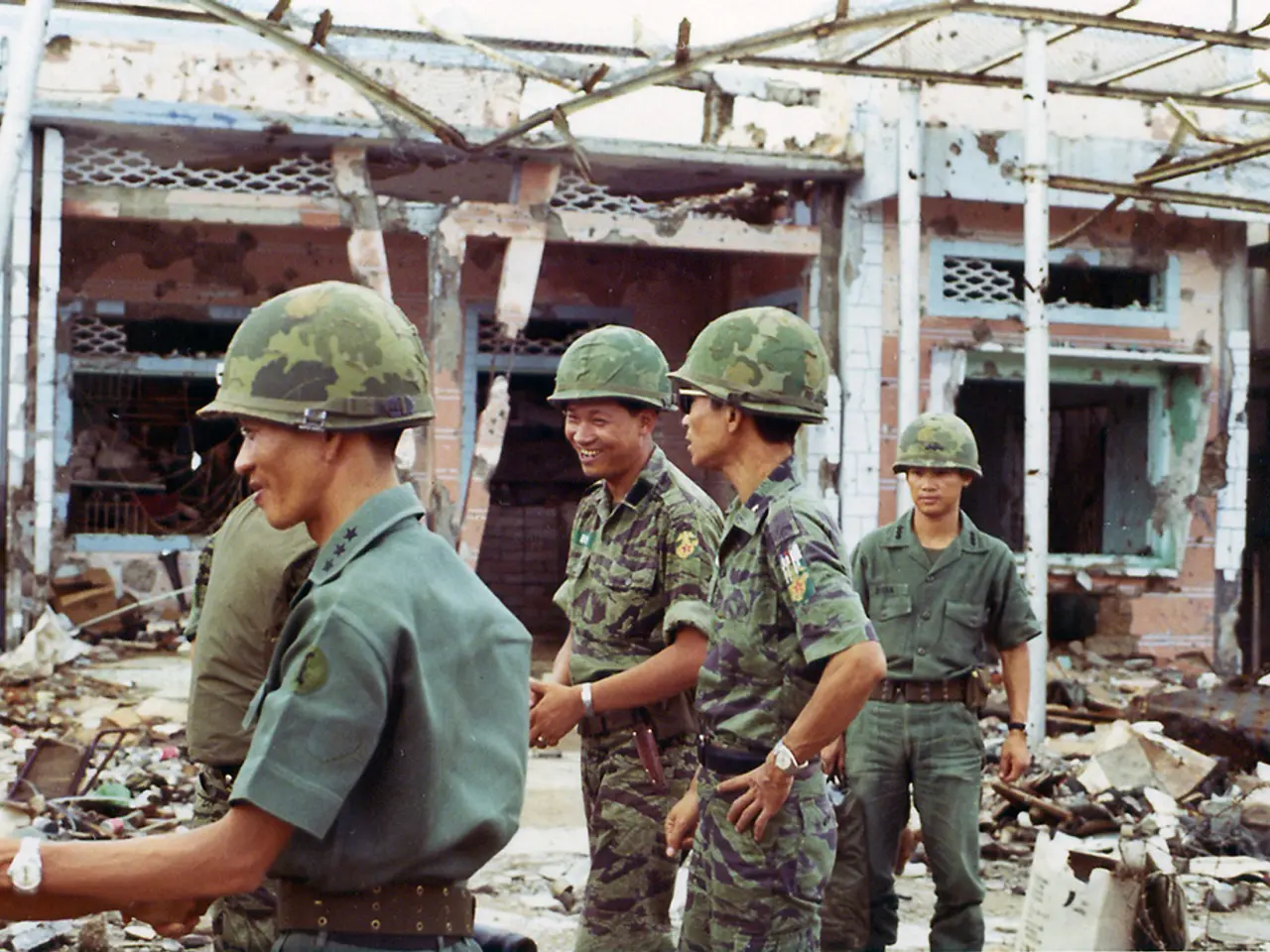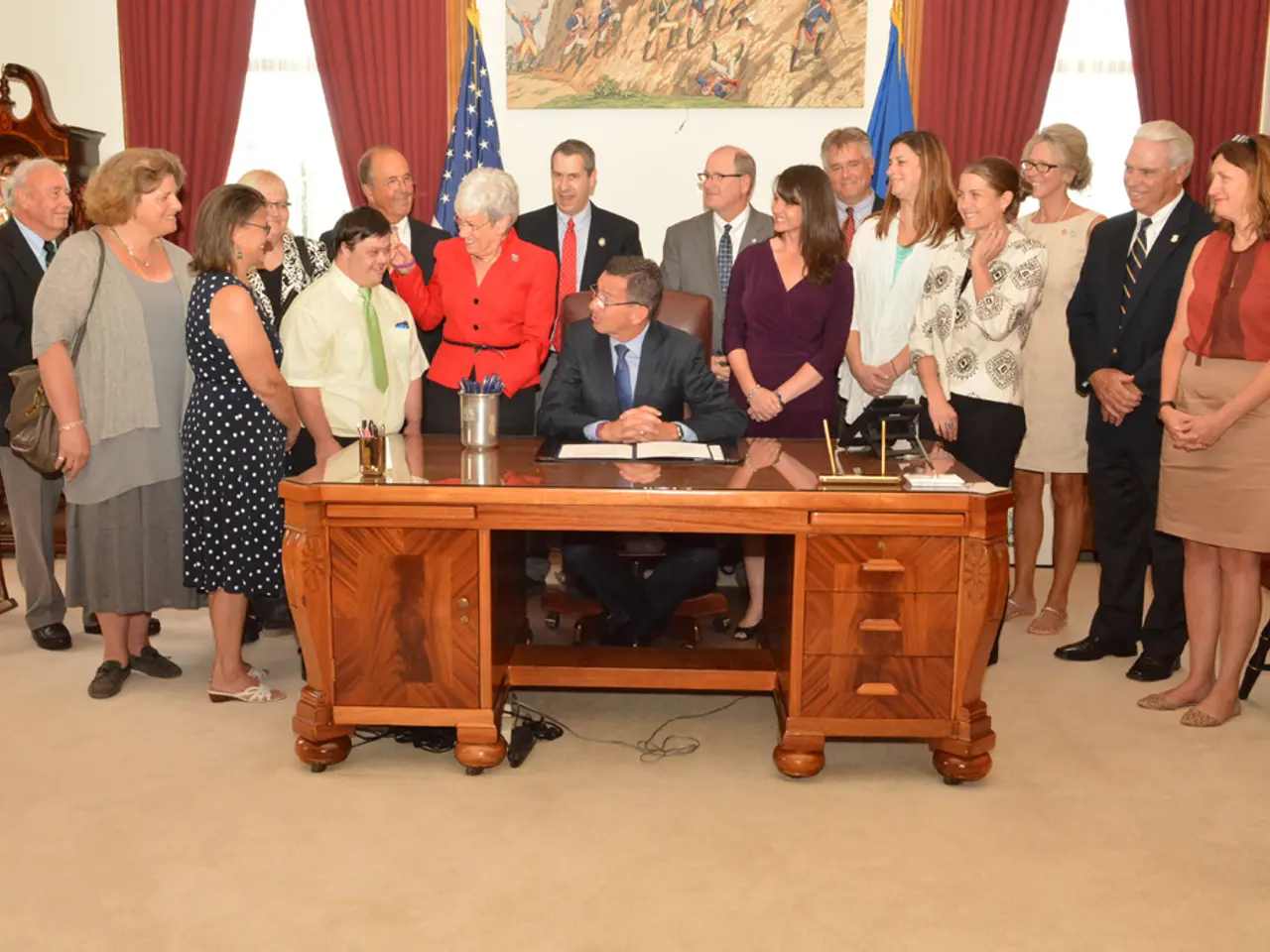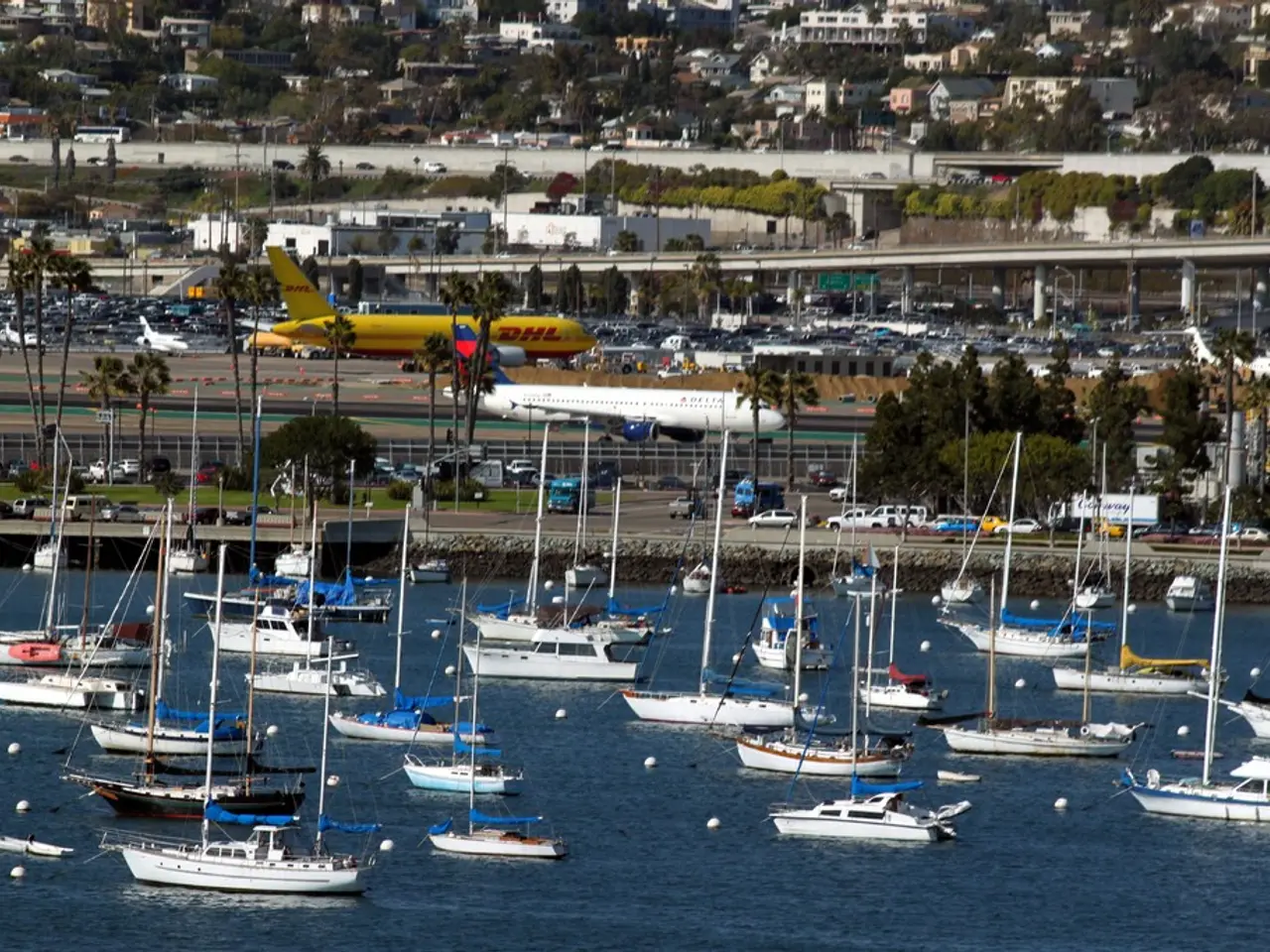South Africa's President Ramaphosa dismisses police minister due to accusations of criminal connections
South African Police Minister Senzo Mchunu is currently on an immediate leave of absence following serious allegations that he colluded with a criminal syndicate and interfered in high-profile investigations, including politically motivated killings and corruption probes within law enforcement agencies.
These claims were publicly made by Lt Gen Nhlanhla Mkhwanazi, KwaZulu-Natal’s provincial police commissioner, who alleged that Mchunu obstructed investigations, colluded with controversial businessmen linked to crime, and was involved in disbanding specialized police units targeting political killings. There are also accusations that case dockets with arrest instructions have been left untouched under Mchunu’s watch.
In response, President Cyril Ramaphosa announced the formation of a judicial commission of inquiry led by South Africa’s deputy chief justice, tasked with investigating the allegations against Mchunu, potential criminal infiltration within law enforcement and intelligence agencies, involvement or negligence by current and former police officials and members of the national executive, and links between political figures and organized crime syndicates.
Ramaphosa emphasized that these allegations undermine the Constitution, threaten national security, and call for urgent, comprehensive investigation. Meanwhile, law professor Firoz Cachalia has been appointed as the interim police minister to oversee the department during the inquiry.
Mchunu has denied all wrongdoing and stated his readiness to respond to the accusations. However, the investigation is ongoing, and the commission's findings will be crucial in determining Mchunu’s future and addressing concerns about criminal influence in South Africa’s law enforcement system.
The Democratic Alliance, the main coalition partner of the African National Congress (ANC), has called for a parliamentary inquiry into the allegations. The World Bank estimates that rampant crime costs South Africa an estimated 10% of its gross domestic product each year, making the investigation into Mchunu's actions all the more urgent.
The World Bank's estimate of South Africa losing 10% of its GDP annually due to rampant crime heightens the urgency of the ongoing investigation into Senzo Mchunu, who faces serious allegations of collusion with a criminal syndicate and interference in high-profile investigations, including politically motivated killings and corruption probes. Meanwhile, Africa's general news and politics are closely watching the development in South Africa, as the investigation could potentially expose links between political figures and organized crime syndicates.







